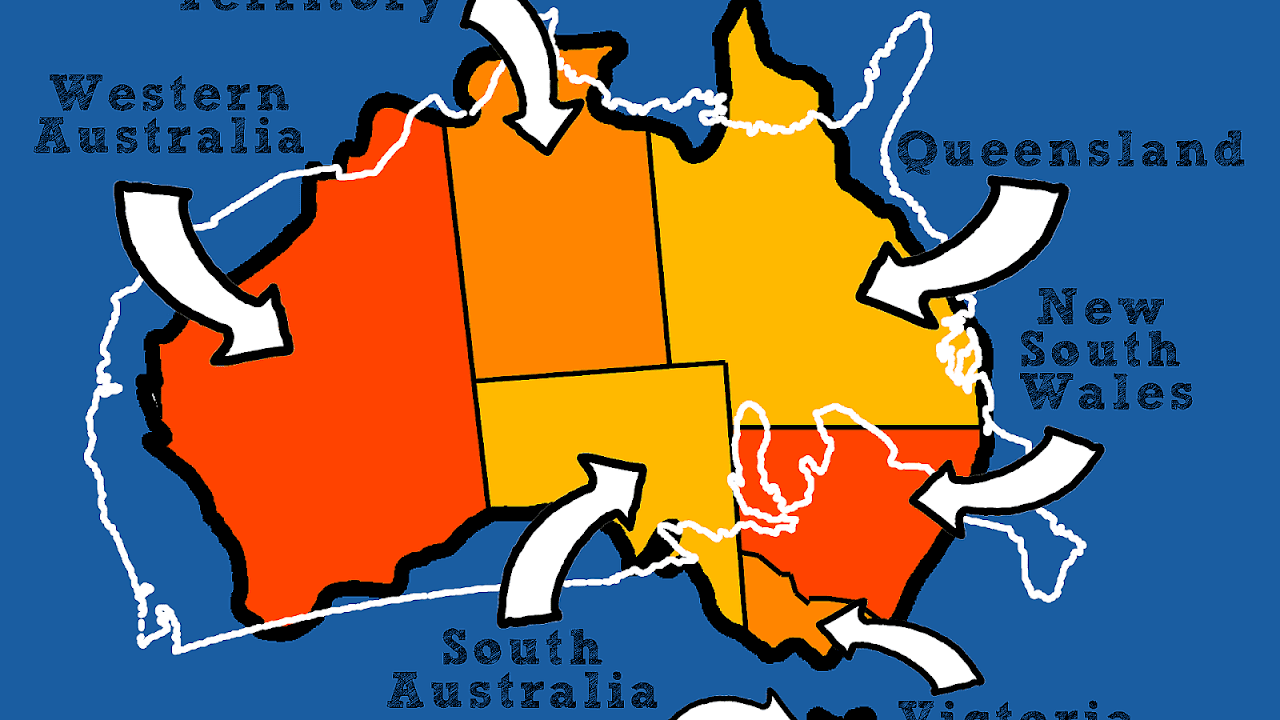
American Australians are Australian citizens who are of American descent, including immigrants and residents who are descended from migrants from the United States of America and its territories. This can include people of European, African American, American Indian, Hispanic or Latin American, Asian, or Pacific Islander backgrounds.

Maps, Directions, and Place Reviews
Demography
At the 2006 Australian Census, 71,718 Australian residents declared that they were American-born. Concentrations of American-born residents were in Sydney (16,339), Melbourne (11,130), Brisbane (6,057), Perth (5,558), Adelaide (2,862), and Canberra (1,970). Also at the census, residents could nominate up to two ancestries; 56,283 respondents declared they had American ancestry with 3,901 who declared Hispanic ancestry, 1,798 declared an African American ancestry, 3,936 declared a native North American Indian ancestry and 224 declared Puerto Rican ancestry.
How Many Americans Live In Australia Video
Community history
The first North Americans to make landfall in Australia were British crewmen from the Endeavour under Captain Cook, who sojourned at Botany Bay in 1770. Once a permanent colony was established in New South Wales, "trade links were developed almost exclusively with North America."
The North American colonies -- including both contemporary Canada and the United States -- had been used by Britain for penal transportation. With the independence of the United States in the 1770s, the British Government sought new lands to exile convicts, and Australia became the pre-eminent prison colony of the British Empire.
From the 1770s to the 1840s, North Americans settled in Australia primarily as demobilised British soldiers and sailors, as convicts -- a number of United States citizens were arrested at sea for maritime offences, tried, and transported -- and as whalers, sealers or itinerants. Many of these settlers moved on to New Zealand for a time, and often returned to New South Wales. African Americans had a noted presence in the earliest British outposts in Australia, usually after a period of service in the British Navy.
In the 1850s, large numbers of United States citizens arrived, most usually after periods in gold rush California. These migrants settled predominantly in rural Victoria, where the discovery of gold had encouraged a large colony of prospectors and speculators. A number of United States-born played eminent roles in the Eureka Stockade, particularly in regard to paramilitary formations organised for self-defence by the miners. The colonial authorities suspected the United States-born -- amongst others, such as the Irish -- of disseminating republicanism.
At the time of Federation in 1901, there were 7,448 United States-born in Australia. Around this time, these American-Australians were notable in the labour movement -- including the formation of trade unions and the Australian Labor Party (hence Labor being spelt in the North American fashion instead of the more common Labour, however both spellings were acceptable in Australian English at the time). Despite North American socio-cultural influences, Australian public opinion was wary of the United States itself: the visit of the "Great White Fleet" of the United States Navy to Sydney and Melbourne in 1908 was greeted with fanfare, but provoked immediate comment that the (British) Royal Navy should make an even greater show of force to restate in the strongest military terms Australia's position as the south-eastern guarantor of the British Empire.
During the Second World War, over a million United States soldiers were at some point stationed in Australia at the request of the Australian Government following the surrender of the British garrison in Singapore to the Japanese in 1941. When the war ended, 12,000 Australian women migrated to the United States as war brides, and 10,000 United States citizens settled in Australia -- including ex-servicemen as war husbands.
The ANZUS Treaty between the United States, Australia, and New Zealand was signed in 1951, locking the three countries into a mutual defence pact. This increased social and political ties between Australia and the United States and led to Australia and New Zealand committing troops to the Vietnam War in the 1960s and 1970s -- these connections and increased worldwide travel encouraged greater numbers of United States citizens to migrate permanently and in 1971 there were 39,035 United States-born residents in Australia

Education
The American International School of Sydney was formerly operated.

Notable people
Source of the article : Wikipedia


EmoticonEmoticon